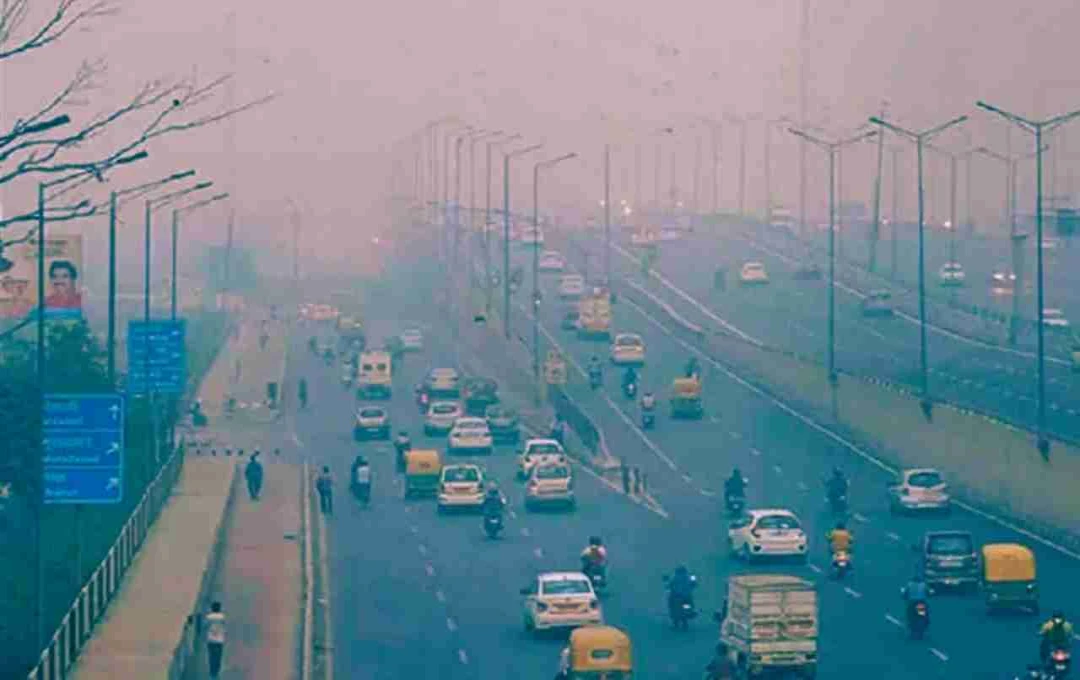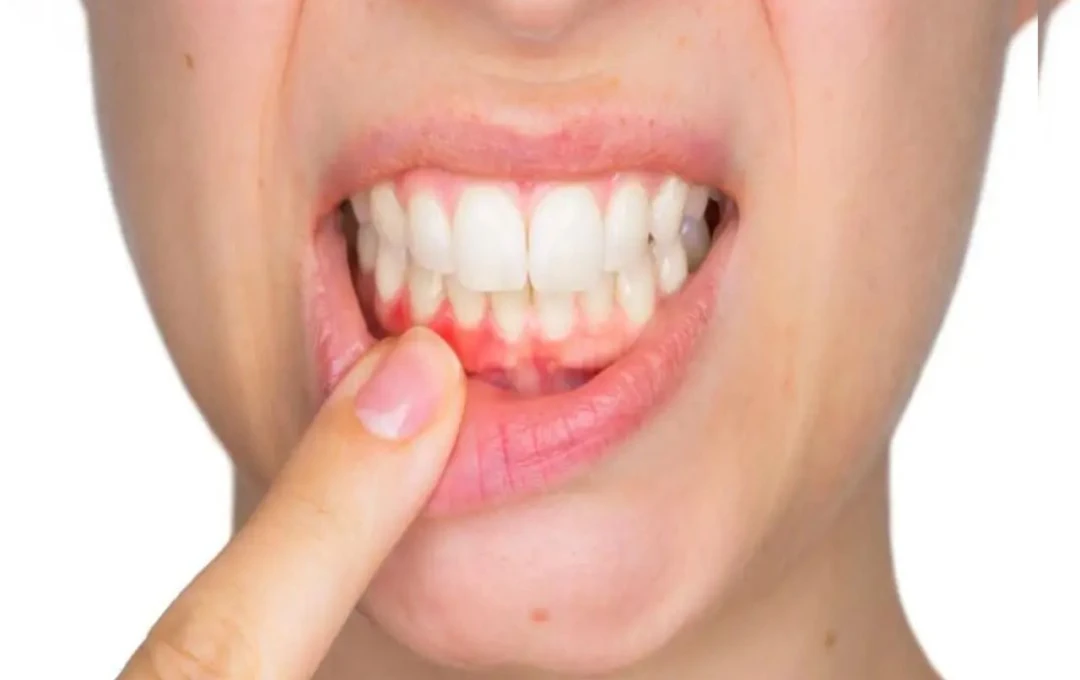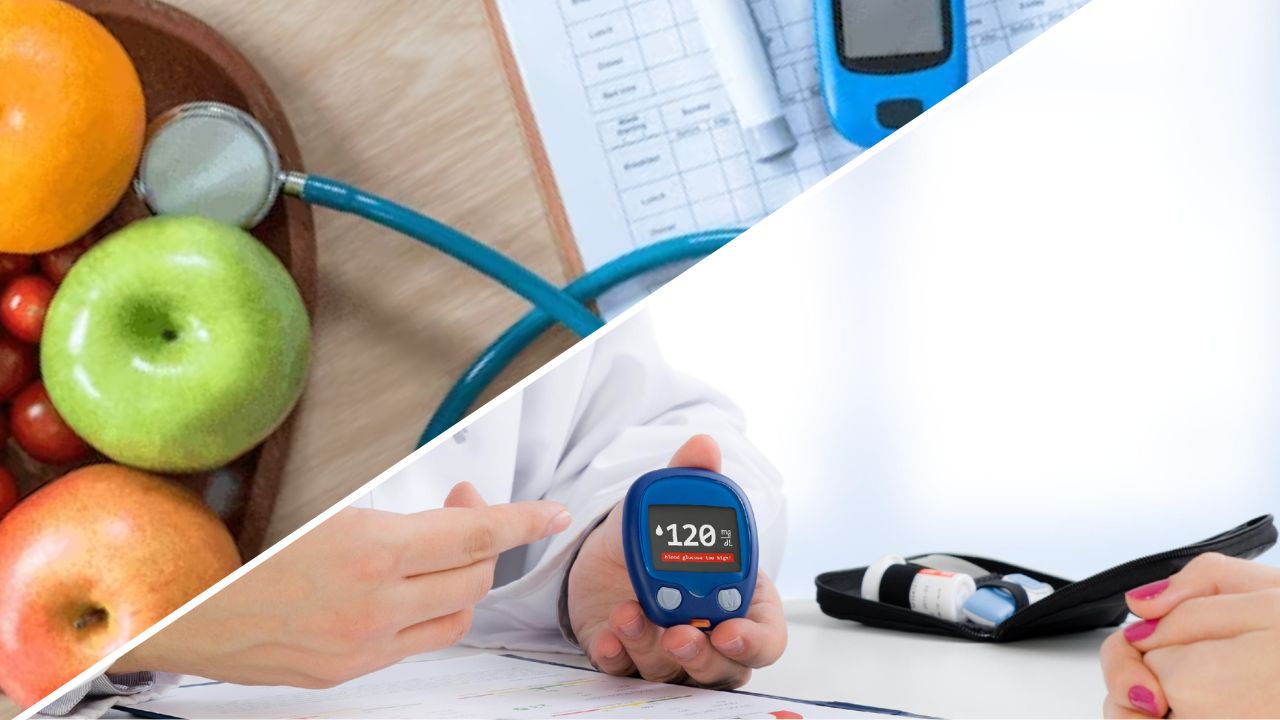Our planet is grappling with a serious crisis. Areas once lush with greenery are now choked with dust, smoke, and toxic gases. Delhi, India's capital, is particularly affected, with air quality making even breathing difficult. The dust storm last Thursday further deteriorated the already poor air quality. According to the Central Pollution Control Board (CPCB), by 7 am on Friday, Delhi's Air Quality Index (AQI) was recorded at 305, categorized as "very poor."
Air Pollution: An Invisible Threat
Air pollution isn't just smoke and grime; it comprises microscopic particles and harmful gases that enter our bodies, causing serious illnesses. Fine particulate matter like PM2.5 and PM10 penetrate deep into the lungs, causing damage.
A 2023 AIIMS study revealed that air pollution significantly impacted the health of nearly 9,000 people in Delhi and Chennai. Interestingly, the study linked pollution not only to asthma and heart diseases but also to type-2 diabetes. Led by Dr. Siddhartha Mandal, the research found that PM2.5 particles affect insulin function in the body, increasing the risk of diabetes.
Diseases Caused by Pollution:
Pollution is no longer merely an environmental issue; it's a major health hazard. Dust, smoke, gases, and chemicals in the air gradually contribute to various illnesses. Let's explore the diseases exacerbated by polluted air and those most vulnerable:
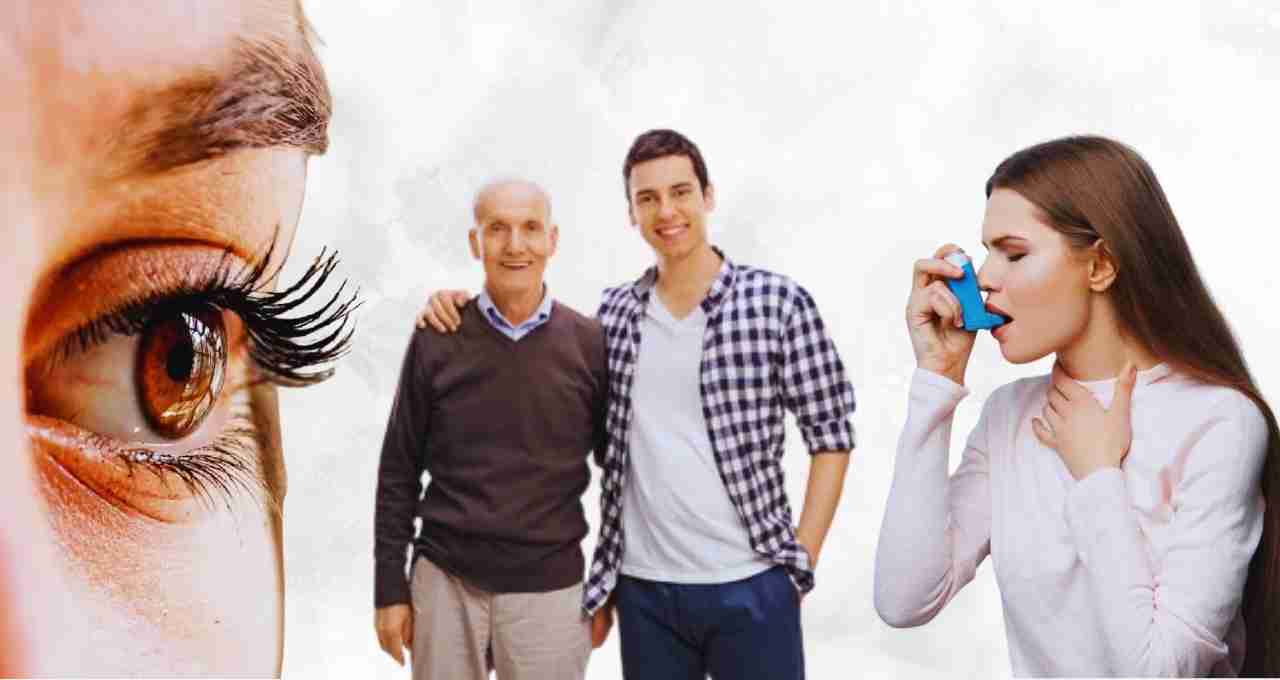
- Respiratory Diseases: Air pollution primarily affects the lungs. Microscopic particles and smoke inhaled from polluted air increase the risk of asthma, bronchitis, and even lung cancer. Children and the elderly are particularly susceptible to severe complications.
- Heart Diseases: Pollution affects not only the lungs but also the heart. Toxic elements in the air can raise blood pressure, increasing the risk of heart attacks. Research suggests that prolonged exposure to polluted air can narrow arteries, hindering blood flow.
- Weakened Immune System: Airborne chemicals weaken the body's immunity, leading to frequent illnesses. The risk of common colds, fevers, infections, and viral diseases increases. Individuals with compromised immune systems, such as children and the elderly, are most vulnerable.
- Eye and Skin Problems: Airborne chemicals cause eye irritation, inflammation, and watering. Skin is also negatively affected, with increased instances of allergies, rashes, itching, and blemishes. Prolonged exposure can dull skin complexion.
- Greater Impact on Children and the Elderly: Children and the elderly are most at risk. Children's lungs and immune systems are not fully developed, making them more susceptible to toxins. The elderly have already weakened immune systems, increasing their vulnerability to respiratory, cardiac, and eye problems.
Pollution's Impact on the Environment
Pollution's impact extends beyond humans, harming the entire environment. Toxic substances in air, water, and soil disrupt the natural balance. The ozone layer, protecting Earth from harmful solar radiation, is particularly affected. Pollution weakens the ozone layer, increasing global temperatures and exacerbating global warming.
Global warming causes erratic weather patterns, including untimely rains, droughts, floods, and cyclones. This ecological imbalance damages agriculture, reducing crop yields and causing food shortages, directly impacting human life. Reducing pollution and protecting the environment is everyone's responsibility to secure our future.
Essential Measures to Prevent Pollution
- Create a Green Home Zone: Grow air-purifying plants. Rubber plants, snake plants, money plants, and aloe vera absorb harmful gases and increase oxygen levels. These plants, using pots, soil, and organic fertilizer, can beautify and purify indoor air.
- Adopt Smart and Eco-Friendly Travel: Smart travelling significantly reduces pollution. Walk or cycle whenever possible, improving health and reducing pollution. Utilize public transport like metro and buses. Carpool for daily commutes, and prioritize electric vehicles.
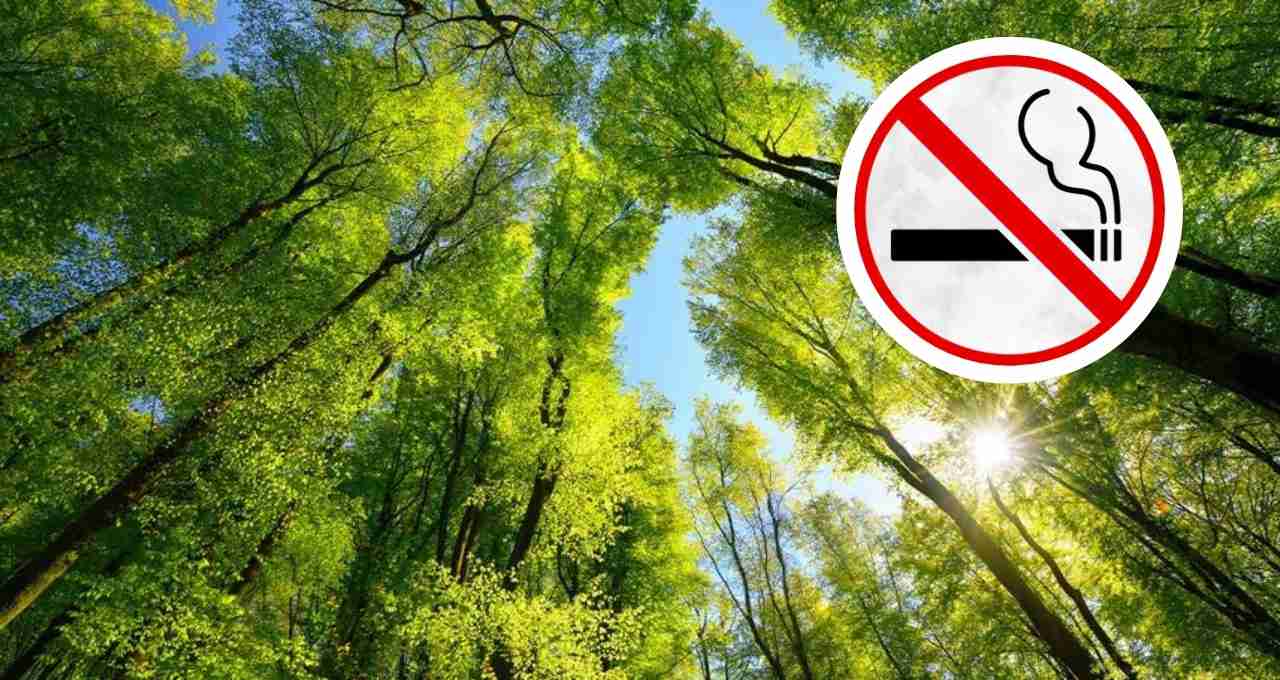
- Avoid Smoking: Cigarette and beedi smoke harms lungs and pollutes surrounding air. Avoid smoking areas, as passive smoke is detrimental to health. Quitting smoking protects your health and that of others.
- Stricter Controls on Industries and Factories: Industries are a major source of pollution. They must use filter systems to prevent the release of smoke and harmful gases. Industrial waste must be properly disposed of to prevent soil and water pollution. Governments and industries need to take stringent measures.
- Collective Efforts for Significant Change: Individual efforts are insufficient; collective awareness and cooperation are essential. Conduct environmental awareness campaigns in schools, offices, and communities. Organize tree-planting programs, engage children, and promote responsibility. Collective action drives real change.
Home Remedies for Clean Air
- Open Windows in the Morning: Open windows and doors briefly each morning to allow air circulation and bring fresh air inside. This natural ventilation removes stale, polluted air, refreshing the environment.
- Burn Herbal Incense and Loban: Burning herbal incense or loban purifies indoor air, offering a pleasant fragrance and eliminating bacteria and viruses. Use it briefly in corners, especially in prayer rooms and bedrooms.
- Drink Jaggery-Tulsi Decoction: A jaggery and tulsi decoction combats colds and pollution, boosting immunity. Boil tulsi leaves, jaggery, ginger, and black pepper in water and drink once daily.
- Apply Mustard Oil in Nostrils: Applying a little mustard oil inside the nostrils before going out protects against dust and particles, acting as a natural filter. This is particularly beneficial during colder, more polluted months.
What to Do When AQI is Very Poor?
When the AQI is very poor, prioritize health. Always wear a mask outdoors, especially an N95 or N99 mask to protect against harmful dust and pollutants. Avoid strenuous outdoor activities like running or exercising. Keep children, the elderly, and those with respiratory illnesses indoors. Keep doors and windows closed and use an air purifier. These precautions protect you and your family from the severe effects of pollution.
Combating pollution is a collective responsibility, not just for the government or any institution. If we don't act now, future generations will inherit only dust, smoke, and diseases. Let's commit to making our homes, communities, and cities pollution-free. Plant trees, reduce vehicle use, and raise awareness. This is the sustainable solution for cleaner air and better health.
